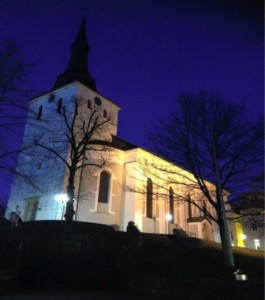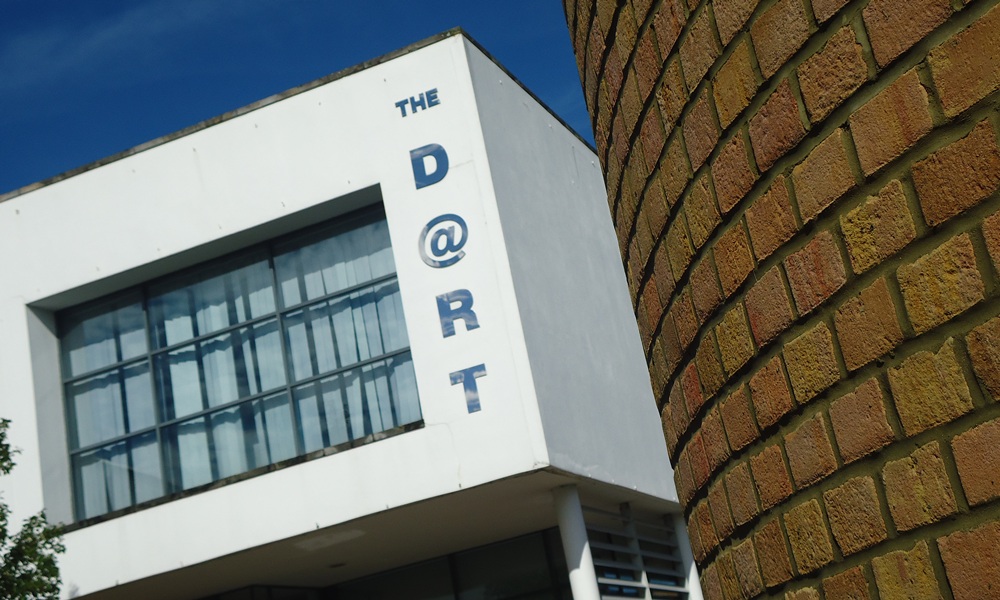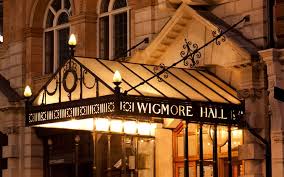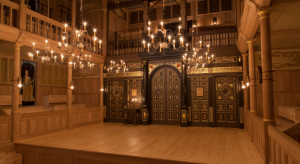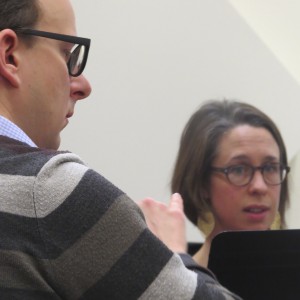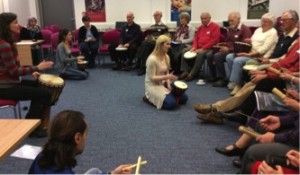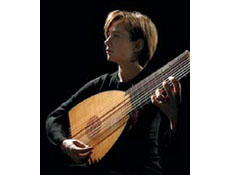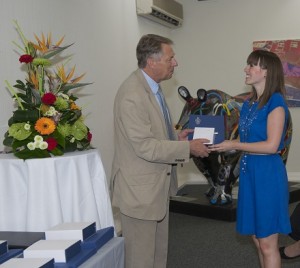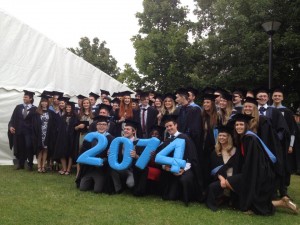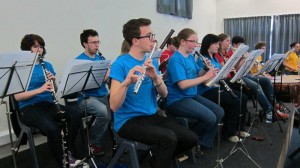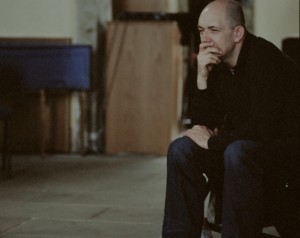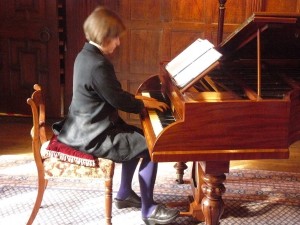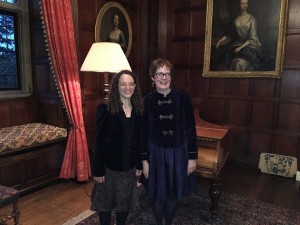
La Vittoria – Waterloo in music
Katrina Faulds has recently finished her PhD on dance and dance music in the English country house c. 1800. She is also an accomplished performer on early pianos, and last week saw her presenting some of her research in sound: In November last year, Dr Penelope Cave and I were offered the opportunity to perform a concert at Chawton House Library as part of the Music department’s regular collaborative series.
Continue reading →


